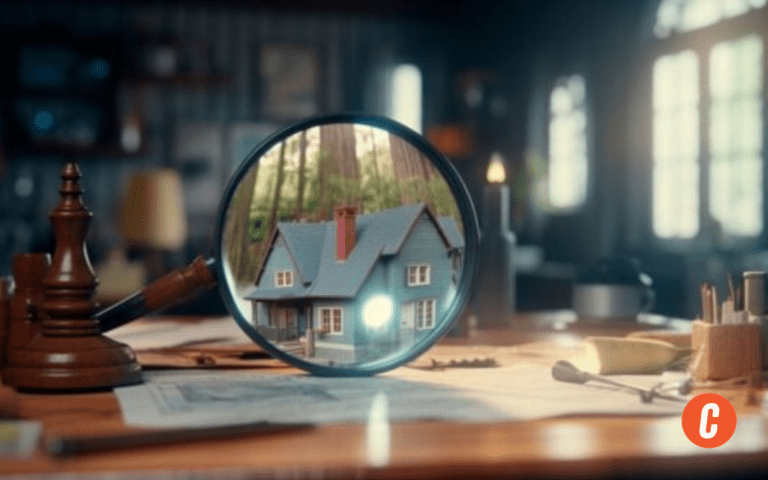Choosing the Right Home Inspector: A Comprehensive Guide
Investing in property requires careful consideration, and hiring a professional home inspector is a vital step in ensuring your investment is sound. This guide explores the essential criteria for selecting a competent inspector, covers the role of an inspector, and outlines what to expect in terms of costs and inspection logistics.
Understanding the Role of a Home Inspector
A home inspector conducts a detailed examination of a residential property, assessing the condition of its vital components, including:
- Roof
- Foundation
- Plumbing systems
- Electrical systems
- Heating and cooling systems
- Insulation
- Windows and doors
By identifying existing issues and potential future concerns, a quality inspection allows buyers to make informed decisions regarding their purchase.
Key Qualities to Look for in a Home Inspector
When seeking a home inspector, consider the following criteria to ensure a thorough assessment:
Professional Credentials and Certifications
Verify the inspector’s qualifications by checking their certifications and licenses. Membership in organizations such as the American Society of Home Inspectors (ASHI) or the International Association of Certified Home Inspectors (InterNACHI) further indicates a commitment to professional standards.
Inspection Costs
Costs for home inspections typically range from $200 to $500, influenced by factors such as the property’s size and age. While cost is important, opting for the lowest-priced option could compromise the quality of the inspection.
It is crucial to understand what is included in the inspection to appreciate its real value. Additional inspections, such as those for pests or environmental hazards, may incur extra charges.
Average Home Inspection Costs by Size
| House Size (sq ft) | Estimated Cost |
|---|---|
| 800 | $145 – $200 |
| 1,000 | $180 – $250 |
| 1,200 | $215 – $300 |
| 1,400 | $250 – $350 |
| 1,600 | $290 – $400 |
| 1,800 | $325 – $450 |
| 2,000 | $360 – $500 |
| 2,200 | $395 – $550 |
Inspection Duration
The length of a home inspection typically ranges from two to four hours, depending on the property’s size, age, and condition. Ensuring this timeframe allows for a detailed evaluation is essential; a rushed inspection may overlook significant issues.
How to Find a Reputable Home Inspector
Finding a reliable home inspector involves thorough research. Here are several strategies to help you identify reputable candidates:
- Ask Real Estate Agents: Agents usually have trusted inspectors they can recommend.
- Consult Mortgage Lenders: Some lenders provide lists of inspectors whose reports they trust.
- Utilize Professional Organizations: Websites like ASHI and InterNACHI offer directories of certified inspectors.
- Review Online Feedback: Platforms like Yelp and the Better Business Bureau (BBB) can provide insights into customer experiences and inspector reliability.
- Explore Local Directories: Check community resources for available inspectors in your area.
Crucial Questions to Ask Potential Home Inspectors
To gauge an inspector’s suitability, prepare a list of questions, including:
- What specific areas does your inspection cover, and are there any exclusions?
- How many inspections have you conducted in your career?
- What tools or technology do you employ during the inspection?
- What are your fees, and how do they reflect the services provided?
- Do you specialize in particular types of properties?
- Can I see a sample inspection report?
- Are you affiliated with any professional inspection organizations?
- Can you provide references from past clients?
- How quickly can I expect to receive the inspection report?
Conclusion
Choosing a qualified home inspector is an indispensable step in the homebuying process. A thorough inspection, combined with well-researched inspector qualifications, ensures that you make an informed decision about your property investment. With careful consideration, the home inspection can serve as a valuable tool in securing your financial commitment.
